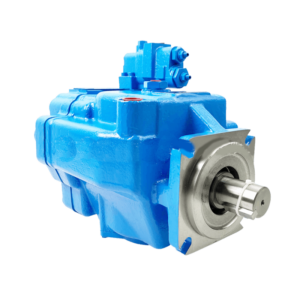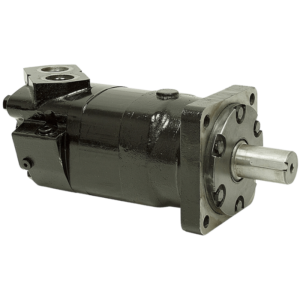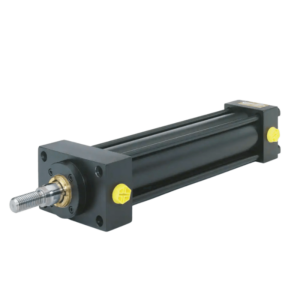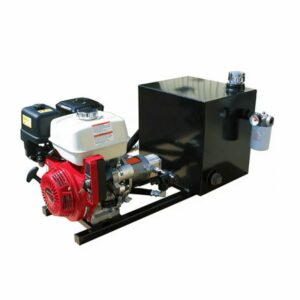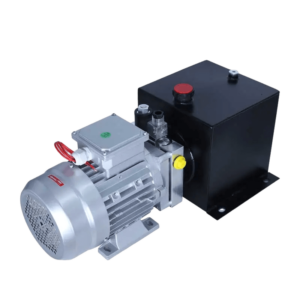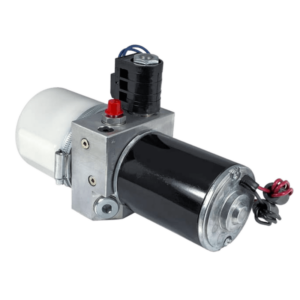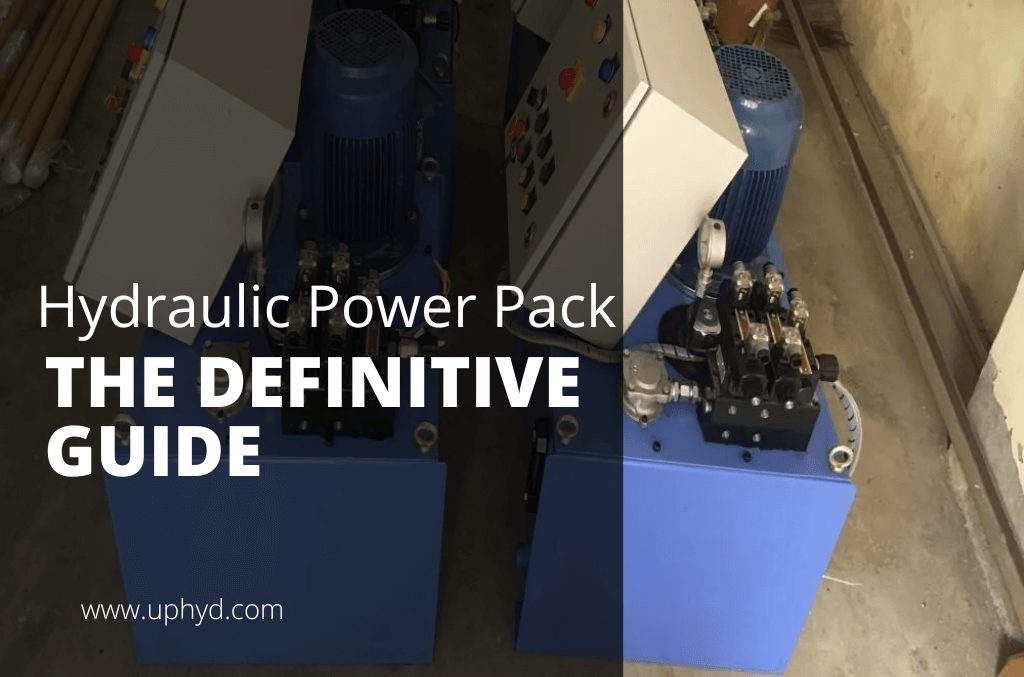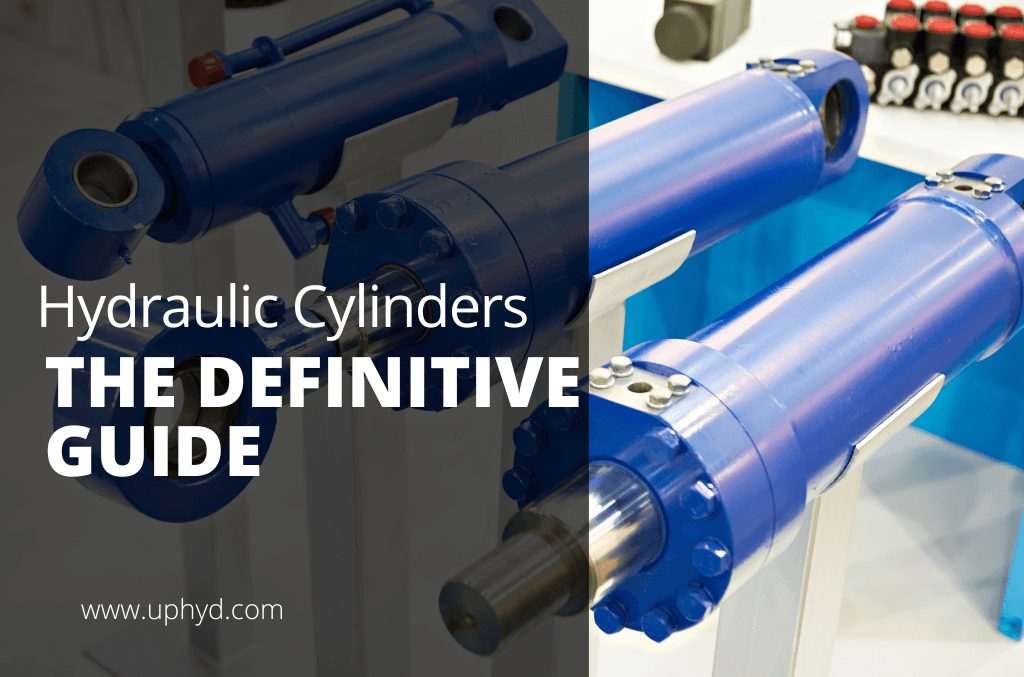PRODUCT FEATURES
Hydraulic Gear Motor Manufacturer to Rocket Your Business
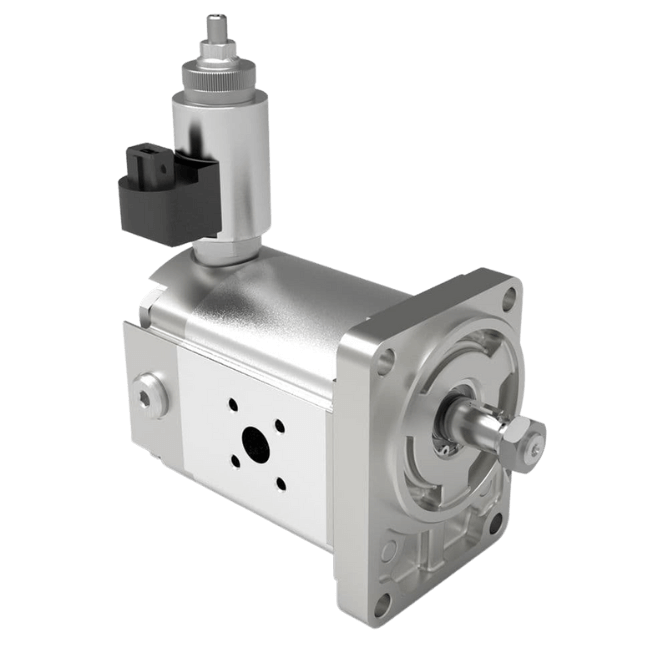
PRODUCTS
Proud To Offer a Wide Variety of Products
If you are looking for something specific that isn’t listed on our website yet, just contact us today!

ABOUT US
Who is Uphyd.com
Uphyd.com have seen that today there are also many hydraulic power pack companies in China & internationally. However, their solutions were still stuck a few years ago.
In fact, we have been upgraded in recent years, and uphyd.com hope our smart and flexible solutions can inject fresh blood into this market.
PARTNER
Trusted by 530+ Top Companies





BUYER’S GUIDE
The Definitive Guide to Hydraulic Gear Motor
When it comes to hydraulic gear motors, there’s no shortage of options. So how do you know which one is right for your business?
In this comprehensive guide, we’ll take a look at the different types of hydraulic gear motors available and explore the benefits they offer. We’ll also provide tips on how to choose the right hydraulic gear motor for your needs.
So if you’re ready to learn more about hydraulic gear motors, let’s get started!
Table of contents
1. What Is Hydraulic Gear Motor?
A hydraulic gear motor is a hydraulic actuator that uses hydraulic pressure to provide torque to gears, which in turn rotate an output shaft. The hydraulic gear motor is composed of an electric motor, a hydraulic pump, and a hydraulic motor.
Hydraulic gear motors are usually classified as either radial or axial hydraulic motors.
- Radial hydraulic motors have their output shaft perpendicular to the input shaft
- Axial hydraulic motors have their output shaft parallel to the input shaft.
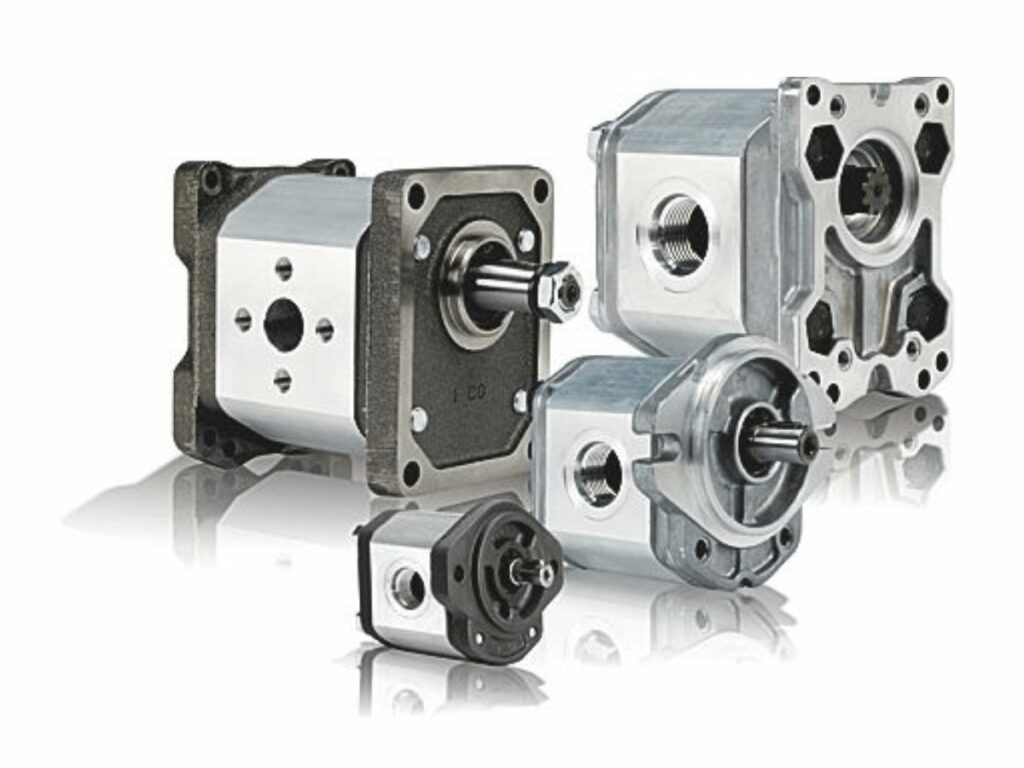
2. How Does It Work?
Hydraulic gear motor work by converting hydraulic energy into mechanical energy. This is done by using a hydraulic pump to pressurize hydraulic fluid and then using that pressurized fluid to move pistons in a cylinder.
The pistons in turn rotate a shaft, which can then be used to power machinery or other devices. Hydraulic gear motors are often used in hydraulic systems because they are very efficient and can generate a large amount of torque.
3. Key Components and Their Functions
There are several key components that make up a hydraulic gear motor. Here is a look at some of the most important components and their respective functions:
Pump
The hydraulic pump is responsible for converting mechanical energy into hydraulic energy. It does this by creating high-pressure fluid flow within the gear motor.
Valve
The valve is responsible for controlling the flow of hydraulic fluid within the gear motor. By opening or closing the valve, the hydraulic motor can be turned on or off.
Cylinder
The cylinder is responsible for housing the hydraulic fluid. It is typically made from a high-strength material such as steel.
Piston
The piston is responsible for converting hydraulic energy into mechanical energy. When hydraulic fluid flow is increased, the piston will move up and down, which in turn will rotate the gear motor shaft.
Shaft
The gear motor shaft is responsible for transferring the mechanical energy from the piston to the load. It is typically made from a high-strength material such as steel.
Gear
The gear is responsible for providing mechanical energy to the load. It is typically made from a high-strength material such as steel.
These are the key components that make up a hydraulic gear motor. Each component plays an important role in the overall operation of the motor.
4. Common Industry Application
Hydraulic gear motors are used in a variety of industries and applications because of their many advantages. Below are some examples of industries where hydraulic gear motors are commonly used:
Automotive Industry
The automotive industry uses hydraulic gear motors in a variety of applications, including power steering, automatic transmissions, and brakes.
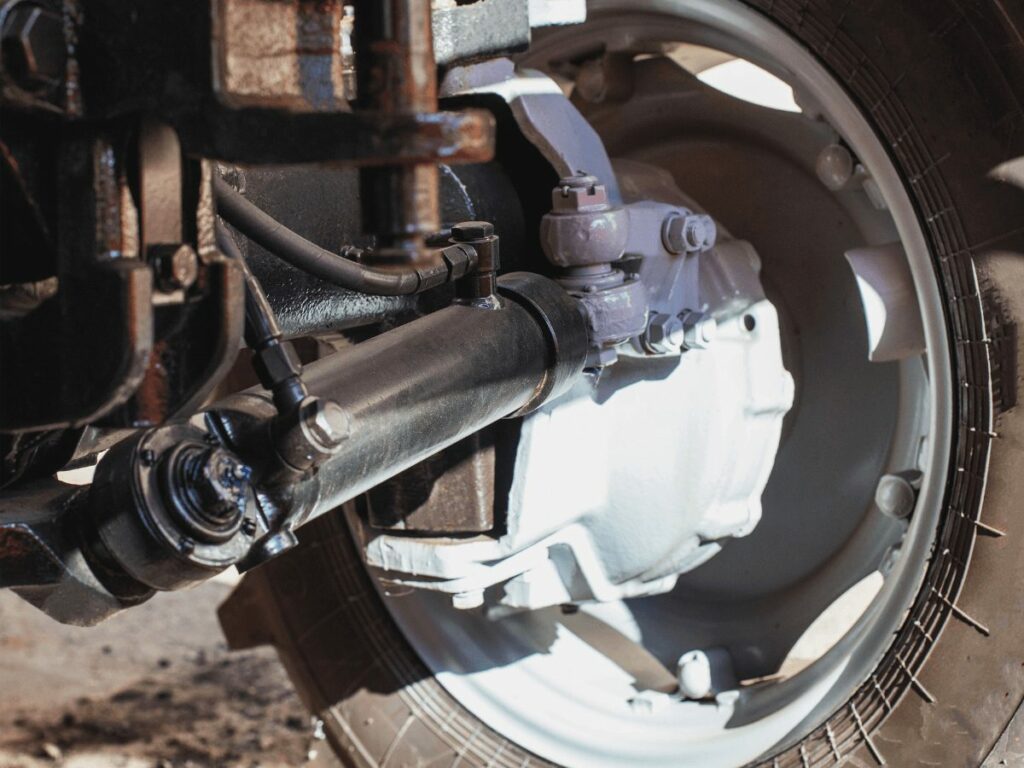
Construction Industry
Hydraulic gear motors are also used in the construction industry, where they are often used to power hydraulic jacks, winches, and other equipment.
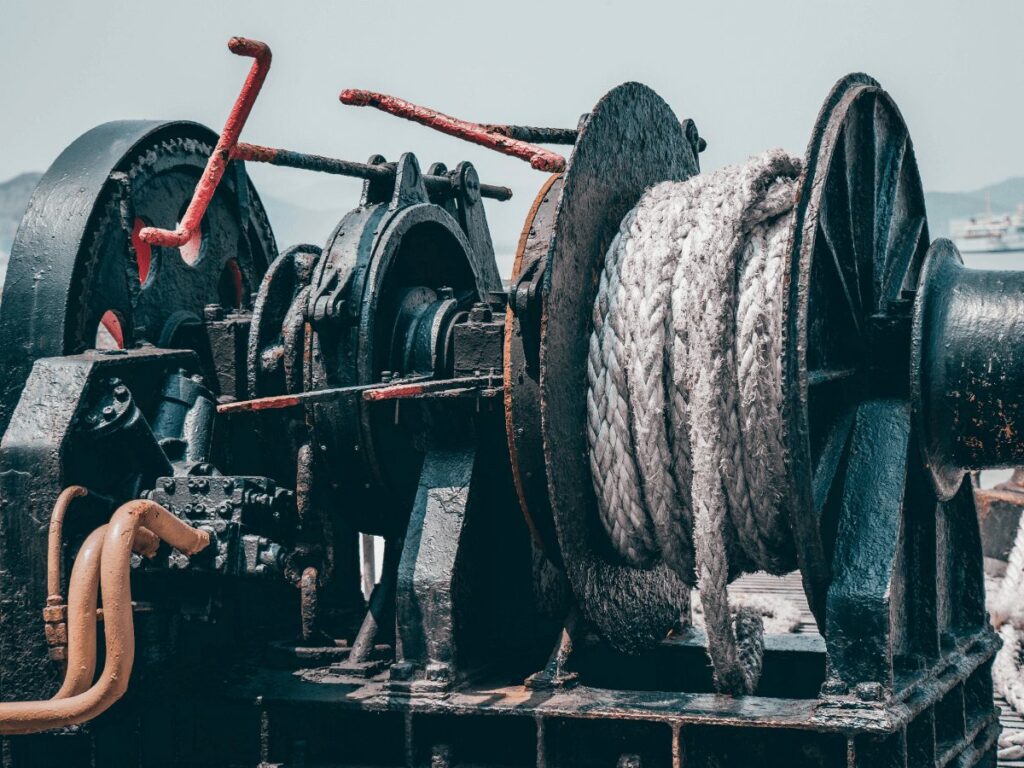
Mining Industry
Hydraulic gear motors are used in the mining industry to power hydraulic pumps, which are used to move water and other liquids.
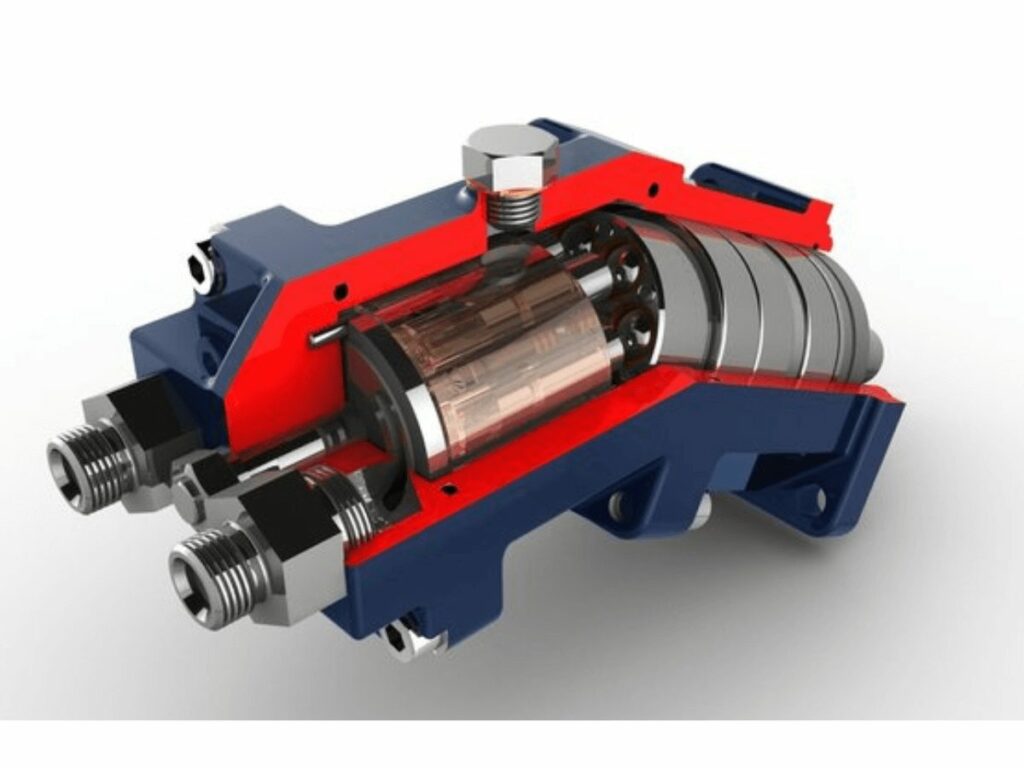
Manufacturing Industry
Hydraulic gear motors are commonly used in the manufacturing industry. They are used to power a variety of machines, including conveyor belts, hydraulic presses, and pumps.
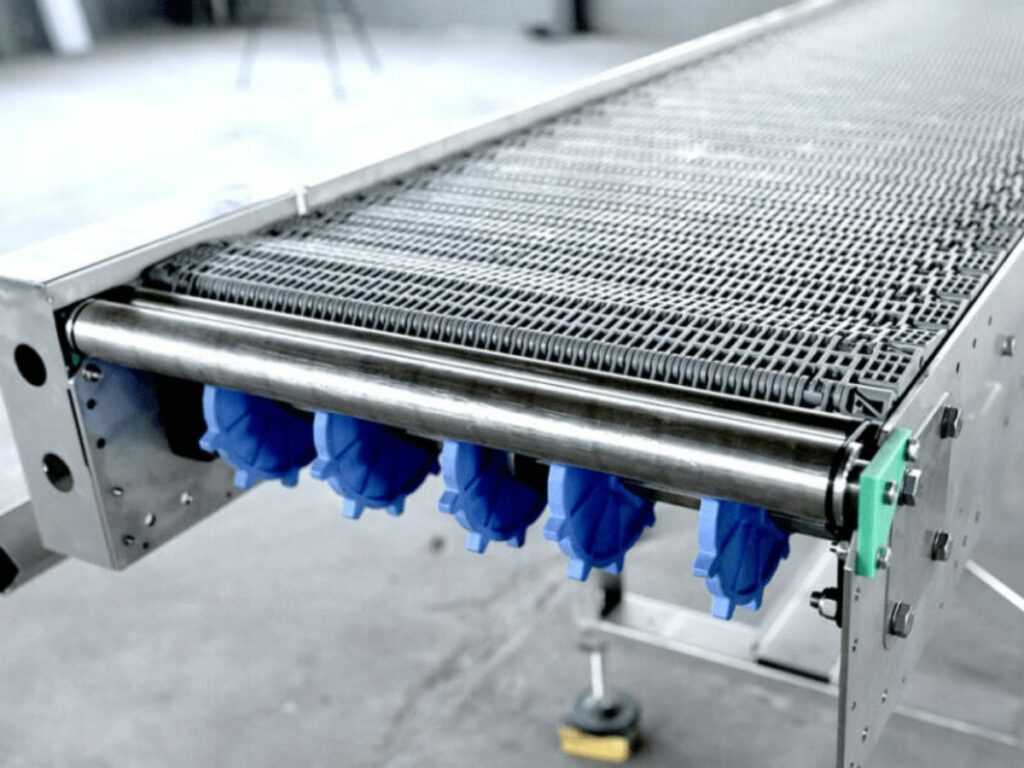
These are just a few examples of the many industries and applications where hydraulic gear motors are used. Their versatility and durability make them an ideal choice for a wide range of applications.
5. The Advantages
There are many advantages of hydraulic gear motors that make them an excellent choice for a wide variety of applications. Here are just a few of the advantages:
Efficient
Hydraulic gear motors are extremely efficient, meaning that they require less energy to operate than other types of motors. This makes them ideal for use in a wide variety of applications where energy efficiency is a key concern.
Durable
Hydraulic gear motors are built to last and can withstand a great deal of wear and tear. This makes them ideal for use in applications where they will be subject to a great deal of wear and tear, such as in industrial or commercial settings.
Versatile
Hydraulic gear motors are extremely versatile and can be used in a wide variety of applications. This makes them ideal for use in a wide variety of settings, such as in automotive, aerospace, and marine applications.
Powerful
Hydraulic gear motors are very powerful and can generate a great deal of torque. This makes them ideal for use in heavy machinery and equipment.
Low Maintenance
Hydraulic gear motors require very little maintenance. Once they are installed, they will not need to be serviced or repaired very often.
These are just a few of the advantages of hydraulic gear motors. With so many benefits, it is no wonder that hydraulic gear motors are becoming increasingly popular in a wide variety of applications.
6. Comparison Between Electric and Hydraulic Gear Motors
In order to choose the right gear motor for a particular application, it is important to understand the key differences between electric and hydraulic gear motors to ensure that the correct motor is selected for the job. Here are 6 key considerations:
| Performance | The hydraulic gear motor has a much higher torque output than the electric gear motor. This is due to the hydraulic motor being able to utilize hydraulic fluid pressure to generate torque, whereas the electric motor relies on electromagnetism. |
| Power Source | Electric gear motors require an external power source (usually mains electricity), whereas hydraulic gear motors derive their power from hydraulic fluid pressure. |
| Cost | Electric gear motors are generally more expensive than hydraulic gear motors, due to the need for an external power source and the higher efficiency. |
| Size and Weight | Hydraulic gear motors are typically larger and heavier than electric gear motors, due to the hydraulic fluid pump and reservoir. |
| Environmental Factors | Electric gear motors can be used in a wide variety of environmental conditions, whereas hydraulic gear motors are limited to operating in cooler temperatures. |
These are just a few of the key considerations when choosing between an electric and hydraulic gear motor. Ultimately, the decision comes down to understanding the specific application and selecting the motor that best meets the needs of the job.
7. Where To Buy Hydraulic Gear Motor?
If you’re wondering where to buy a hydraulic gear motor, here are a few places to check out:
Online Retailers
One of the easiest places to buy hydraulic gear motors is online. There are a number of online retailers that sell hydraulic gear motors, so you should be able to find one that meets your needs.
Local Hydraulic Dealers
Another option is to check with your local hydraulic dealer. These dealers typically sell hydraulic gear motors and other hydraulic components, so they may have what you’re looking for in stock.
Hydraulic Gear Motor Manufacturers
If you’re looking for a specific hydraulic gear motor, it’s worth checking with the manufacturer directly. Many hydraulic gear motor manufacturers sell their products online, so you may be able to find what you’re looking for on their website.
If you’re looking for a reputable hydraulic gear motor manufacturer, you can check out Uphyd. We offer a wide range of hydraulic gear motors, so you’re sure to find one that’s right for your needs. Contact us today to learn more.
8. The Average Cost
The average cost of a hydraulic gear motor can vary depending on the brand, size, and type of hydraulic gear motor. But on average, hydraulic gear motors cost between $500 and $2000. This price range can also depend on the hydraulic gear motor’s power output, speed, and torque.
When shopping for a hydraulic gear motor, it is important to compare prices from different brands and dealers. It is also important to factor in the cost of installation and any other necessary components when budgeting for a hydraulic gear motor.
If you’re interested in finding out more about hydraulic gear motors, please visit our website at Uphyd. We offer a wide selection of hydraulic gear motors at competitive prices. Our team of experts would be happy to help you find the perfect hydraulic gear motor for your needs. Contact us today to learn more!
9. 5 Buying Tips And Traps To Avoid
A hydraulic gear motor can be a great purchase if you know what to look for and how to avoid the traps that can cause you to overspend. Here are 5 insider tips so you can avoid some mistakes and get the best hydraulic gear motor for your needs:
#1 Do Not Buy From The First Store You See
The first store you come across is not always going to have the best deal on hydraulic gear motors. In fact, it is often the case that they will have a higher price because they know that you need the product and they are counting on you making a purchase from them. Take your time to shop around and compare prices before making a final decision.
#2 Do Not Buy The Cheapest Option
Just because a hydraulic gear motor is the cheapest option does not mean that it is the best option. Often times the cheaper options are made with lower quality materials and will not last as long as the more expensive options.
It is important to take your time to research all of your options before making a final decision so you can be sure you are getting the best hydraulic gear motor for your needs.
#3 Do Not Overlook The Importance Of Quality
A hydraulic gear motor is a component that will be under a lot of stress, so it is important to buy a hydraulic gear motor that is of good quality. A hydraulic gear motor that is not of good quality is likely to break down sooner and may even cause damage to other parts of your machinery.
#4 Do Not Be Swayed By Sales Tactics
Some hydraulic gear motor salespeople will try to pressure you into buying a hydraulic gear motor that you do not need. Do not be swayed by their sales tactics and only buy the hydraulic gear motor that you need.
#5 Do Not Forget About Warranties
When you are buying a hydraulic gear motor, be sure to ask about the warranty. A good quality hydraulic gear motor should come with a warranty that will cover repairs or replacements if something goes wrong.
These are just a few hydraulic gear motor buying tips to keep in mind. By following these tips, you can be sure that you are getting the best hydraulic gear motor for your needs and avoiding some common traps that can cause you to overspend.
Conclusion
So there you have it, the definitive guide to hydraulic gear motors. We hope that this article has helped shed some light on these little-known but extremely powerful machines and answered any questions you may have had about them.
If not, feel free to contact us at Uphyd for more information or advice on choosing the perfect hydraulic gear motor for your needs. We would be more than happy to help!
FEATURE BLOGS
READY TO LEARN MORE?
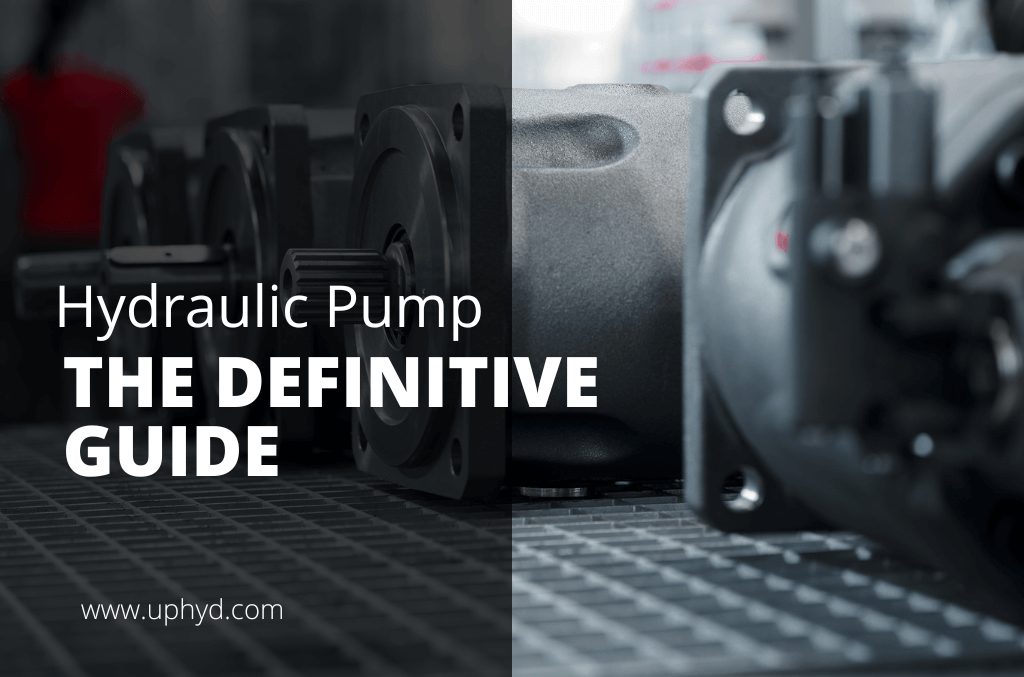
Find everything you need to know about hydraulic pumps in this comprehensive guide.


